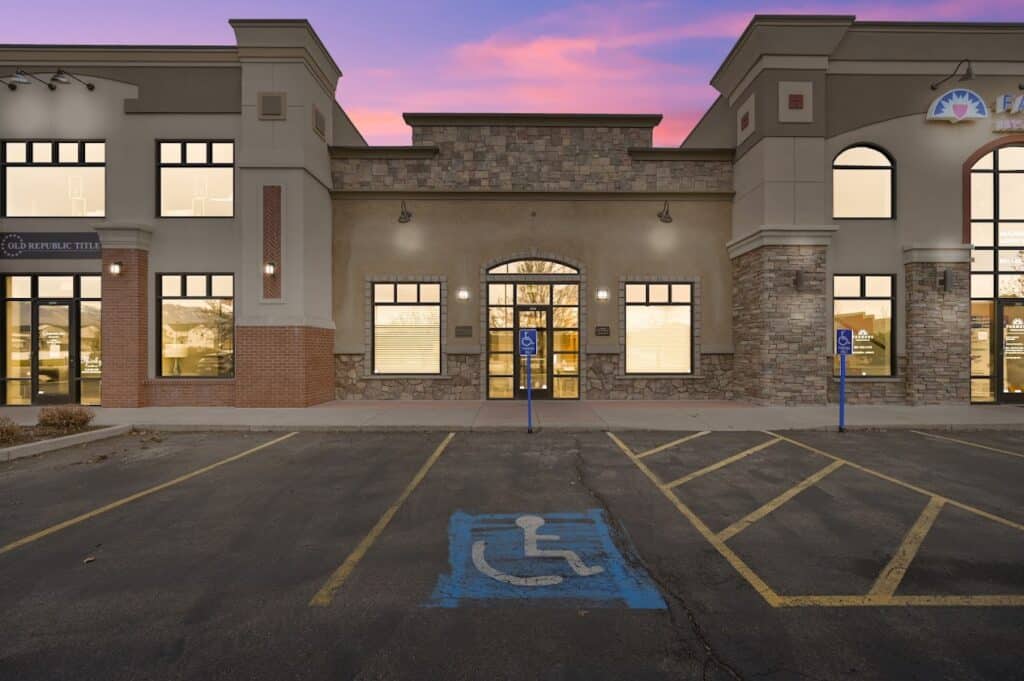Gender dysphoria is a complex and deeply personal experience. Dysphoria is a term used to describe the distress experienced by individuals who feel a mismatch between one’s assigned sex at birth and their gender identity.
This condition can lead to significant emotional, social, interpersonal and psychological distress, manifesting in a number of ways, including:
Causes of Gender Dysphoria
The exact causes of gender dysphoria are not well understood, but researchers believe that there may be a complex interplay of genetic, hormonal, and environmental factors at play.
Studies have shown that individuals with gender dysphoria have differences in brain structure and function that are more similar to their identified gender than their biological sex. Hormonal imbalances during fetal development and exposure to certain medications or chemicals during pregnancy may also play a role in the development of gender dysphoria.
Symptoms of Gender Dysphoria
The symptoms of gender dysphoria can vary widely from person to person, but may include:
Diagnosis of Gender Dysphoria
Diagnosis of gender dysphoria is typically made by a mental health professional or medical doctor who has experience working with individuals with this condition. A diagnosis of gender dysphoria is made when an individual experiences significant distress or impairment in functioning as a result of their gender identity. This diagnosis is based on a careful evaluation of the individual’s history and symptoms, as well as a review of their medical and mental health history.
Treatment of Gender Dysphoria
When supporting someone with gender dysphoria, it’s essential to consider their individual needs and preferences regarding treatment. There are a variety of treatment options available for individuals with gender dysphoria, including:
Therapy can be helpful for individuals who are experiencing distress related to their gender identity, and may involve:
Hormone therapy involves the use of hormones, such as estrogen or testosterone, to help an individual transition to their identified gender. These treatments can be effective in reducing distress and improving overall well-being in individuals with gender dysphoria.
In addition to emotional support, individuals with gender dysphoria may require assistance with social and legal aspects of affirming their gender identity.
Individuals with gender dysphoria often face significant legal and social issues related to their gender identity. Discrimination, violence, and harassment are common experiences for transgender individuals, and can have a significant impact on mental health and well-being. Standing up against transphobia and discrimination sends a powerful message of solidarity and support.
Intersectionality acknowledges that individuals’ experiences of gender dysphoria are shaped not only by their gender identity but also by other aspects of their identity, such as race, ethnicity, and socioeconomic status. These intersecting factors can influence the challenges individuals face and their unique care needs. Having supportive care is essential.
Access to healthcare, including hormone therapy and surgery, can be limited for individuals with gender dysphoria. However, there has been progress in recent years in the legal recognition of gender identity, with many countries now allowing individuals to legally change their gender on official documents.
Gender dysphoria is a complex condition that can have a significant impact on mental health and well-being. However, with proper diagnosis and treatment, individuals with gender dysphoria can experience relief from distress and improve their overall quality of life.
It is important for mental health professionals, medical doctors, and society as a whole to work towards greater acceptance and support for individuals with gender dysphoria, and to continue to advance research into the causes and treatment of this condition.

We are specifically formulated to offer personalized therapeutic interventions to adult individuals with mental health disorders.

We provide a comprehensive Intensive Outpatient Program (IOP) that offers clients the opportunity to attend group therapy sessions three to five times a week.
© Copyright 2024 Corner Canyon™ | All Rights Reserved | Privacy Policy
